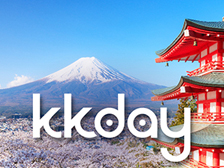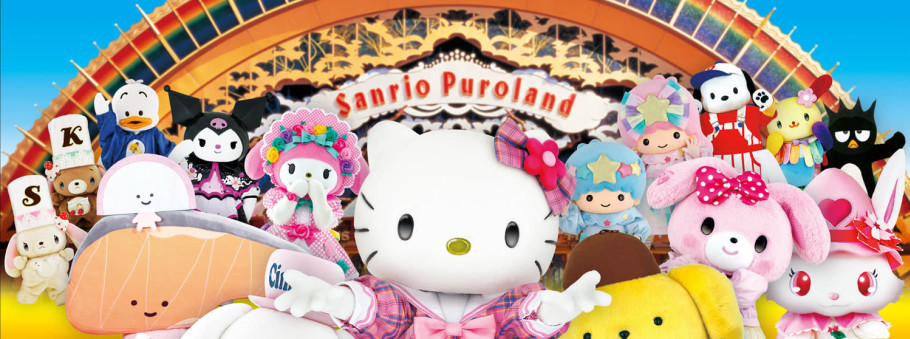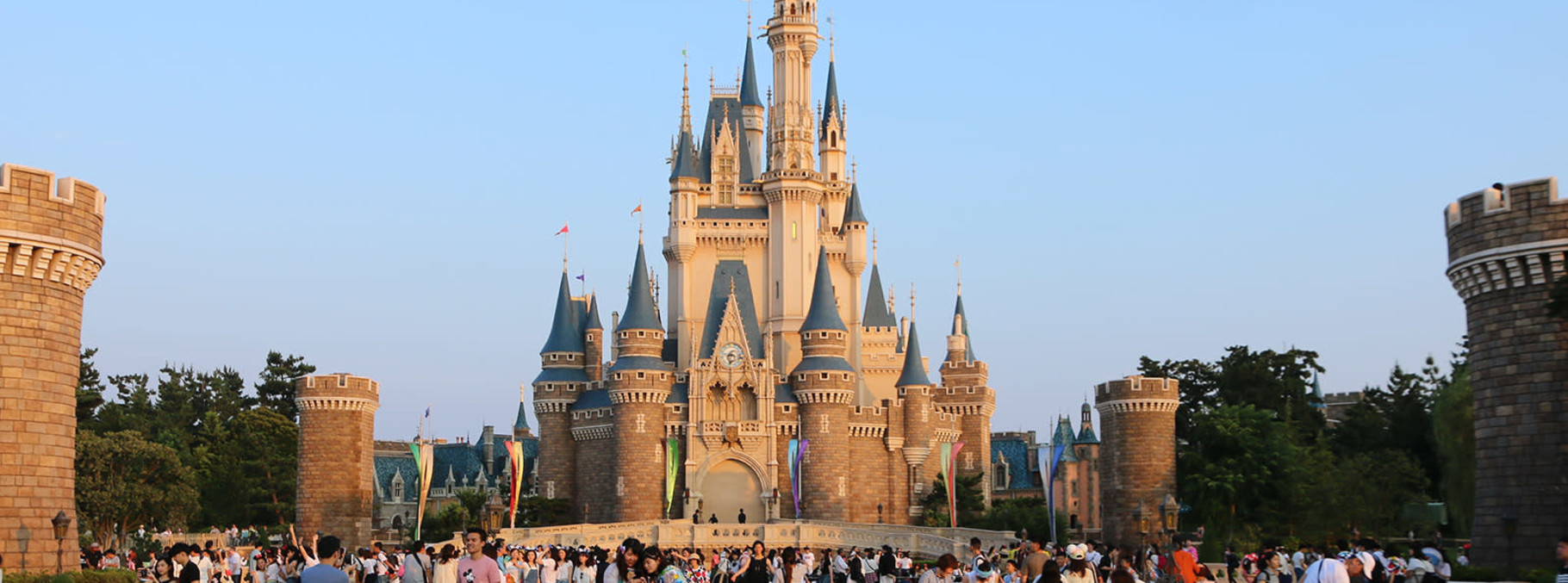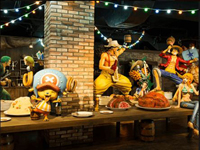Jindai-ji


(Source: pixta)
Yusui, a famous soba restaurant
Because the soil around Jindai-ji temple was perfect for cultivating soba (buckwheat noodles) and plenty of water to soak soba was available, there are more than 20 soba restaurants in this area. One of those restaurant is a famous restaurant called "Yusui". It is famous for "Yusui soba" made of seasonal ingredients of various regions. Soba is homemade, grounded by a millstone.

(Source: 食べログ)
Tamanoya, famous soba restaurant
Tamanoya is known for "freshly ground, freshly made and freshly boiled" soba. It is also a popular soba restaurant that serves handmade soba, grounded by millstone. Therefore, you can taste Juwari soba, which is made only of buckwheat flour. You can also taste seasonal soba, miso oden, dango (sweet dumplings) and soba shiruko (sweet red bean soup).

(Source: ちょこっとカフェブレイク)
Famous specialty: soba manju
In soba restaurants near Jindai-ji temple, you can also taste many sweets made of soba. Soba manju (steamed bun filled with sweet red bean paste) is a famous sweet bun made of soba buckwheat flour. This sweet is available in many soba restaurants in the area. The small bite-sized soba manju with plenty hot sweet red bean paste has a simple taste and great smell.

(Source: 食べログ)
Suisha-kan
Suisha-kan is located where a water mill was situated during the Meiji period. Sakasagawa river, an abundant spring water source, runs near Jindai-ji. As a result, the water mill was very useful in everyday life before the World War. Suisha-kan is a museum where you can still see how farmers used to live. There are still three millstones moving with watermill power. Brown rice or flour are threshed and ground here.

(Source: お花や日々の出来事を)
Jindai Botanical park
Situated near Jindai-ji temple, it is the only botanical park in Tokyo. Inside the park, there is a flower garden, lawn plaza, and wooded area, in addition to a large greenhouse and botanical museum. There are in total of 4500 species of 100 thousand plants. In the rose garden, a rose festival takes place in spring and in autumn. On top of that various other events take place here all year long.

(Source: SABOの東京名所写真)

(Source: pixta)
Yusui, a famous soba restaurant
Because the soil around Jindai-ji temple was perfect for cultivating soba (buckwheat noodles) and plenty of water to soak soba was available, there are more than 20 soba restaurants in this area. One of those restaurant is a famous restaurant called "Yusui". It is famous for "Yusui soba" made of seasonal ingredients of various regions. Soba is homemade, grounded by a millstone.

(Source: 食べログ)
Tamanoya, famous soba restaurant
Tamanoya is known for "freshly ground, freshly made and freshly boiled" soba. It is also a popular soba restaurant that serves handmade soba, grounded by millstone. Therefore, you can taste Juwari soba, which is made only of buckwheat flour. You can also taste seasonal soba, miso oden, dango (sweet dumplings) and soba shiruko (sweet red bean soup).

(Source: ちょこっとカフェブレイク)
Famous specialty: soba manju
In soba restaurants near Jindai-ji temple, you can also taste many sweets made of soba. Soba manju (steamed bun filled with sweet red bean paste) is a famous sweet bun made of soba buckwheat flour. This sweet is available in many soba restaurants in the area. The small bite-sized soba manju with plenty hot sweet red bean paste has a simple taste and great smell.

(Source: 食べログ)
Suisha-kan
Suisha-kan is located where a water mill was situated during the Meiji period. Sakasagawa river, an abundant spring water source, runs near Jindai-ji. As a result, the water mill was very useful in everyday life before the World War. Suisha-kan is a museum where you can still see how farmers used to live. There are still three millstones moving with watermill power. Brown rice or flour are threshed and ground here.

(Source: お花や日々の出来事を)
Jindai Botanical park
Situated near Jindai-ji temple, it is the only botanical park in Tokyo. Inside the park, there is a flower garden, lawn plaza, and wooded area, in addition to a large greenhouse and botanical museum. There are in total of 4500 species of 100 thousand plants. In the rose garden, a rose festival takes place in spring and in autumn. On top of that various other events take place here all year long.

(Source: SABOの東京名所写真)






